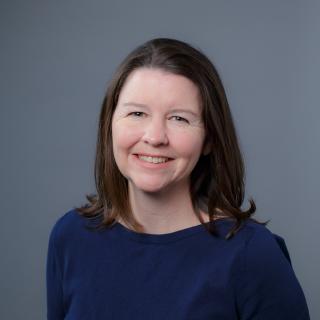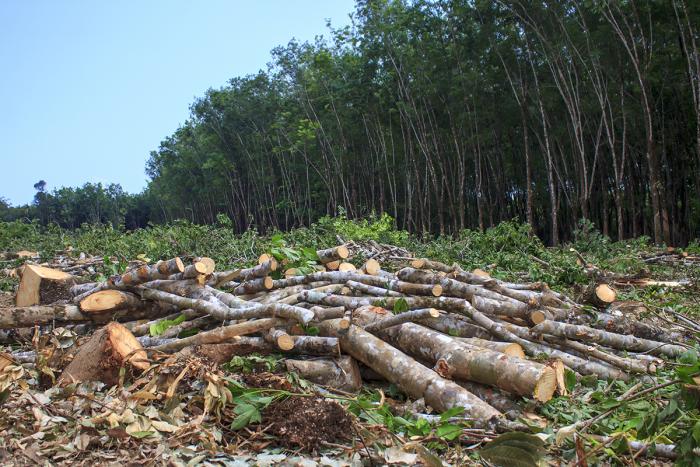New Book Explores How Governments Work with Rebels, for a Cause
Stories about governments working together toward a common interest—despite differences and with compromise and conflict in the process—are prevalent in the news cycle, on important topics such as trade, diplomacy and addressing natural disasters. The conventional wisdom is that allies work together, and many expect that even countries that have tense relationships can join forces when they share a threat or an interest.
A new book reveals how governments also work with non-governmental organizations—including rebel groups and armed actors—when there is a common cause, namely the impacts of climate change.

“Rebel Governance in the Age of Climate Change” (Cambridge University Press, 2025) by Professor Kathleen Gallagher Cunningham and coauthors explores a set of behaviors they call “rebel environmental governance.” Non-governmental actors, especially in ungoverned spaces and isolated areas, have a stake in protecting the environment and natural resources, and thus can be important representatives in environmental discussions about the current impacts of climate change, and future risks.
While rebel groups do serve local communities in many ways because these communities have needs that are unmet by governments, this representation and advocacy can come at a cost.
“It is a complicated landscape, because while many of these rebel groups and nontraditional organizations do serve groups of people with a common need or interest who do not otherwise have a voice or access to important conversations, these groups may also be harming people. They may be committing human rights violations,” Cunningham said. “So while there are many reasons for governments to work with them to reach people and to solve a problem, there are many reasons why working with these groups can be ethically and morally problematic.”
While rebel groups may serve as gatekeepers that protect the environment and resources in some cases, there is also exploitation of natural resources by these groups in other cases.
Countries and international organizations such as the United Nations have successfully worked with rebel groups to help people and communities, such as in the case of a tsunami that impacted Indonesia. Cunningham said this type of work can be called “disaster diplomacy.”
The authors also explore how non-state actors might step in or gain leverage when governments or international groups fail to manage, regulate, monitor and protect lands and resources.
“We do see rebel groups emerge as powerful actors when there are governance failures,” Cunningham said.
The dynamics that the authors explore are complex, but Cunningham said that, overall, she hopes readers come to understand the value and necessity of expanding traditional concepts of diplomatic engagement over a critical issue like the environment.
“These armed actors can play a critical role in climate discussions and actions. They can allow access to areas that governments or aid groups might not otherwise reach, for example. While a lot of ethical concerns are raised at the prospect of working with rebel groups, it is important to seek out different kinds of engagement and diplomacy when people around the world are facing unprecedented environmental challenges.”
Cunningham notes that this book is a meaningful contribution to the field, as there is not a lot of scholarly work on environmental peace processes.
Research for this book was supported by a $1.6 million, three-year project awarded to Cunningham by the Department of Defense’s Minerva Research Initiative in 2022. The work focused on Mozambique in East Africa, and in other proximate regions. The grant was canceled in February, ahead of schedule, and an extension was denied; still, Cunningham and her collaborators continue working on related projects, including a book focusing on climate change advocacy and governance in Mozambique.
Continuing this work is important for many reasons, Cunningham said, especially because she and her collaborators are seeking to fill a knowledge gap. “It is surprising how little integration of social science there is in the broader climate change space,” she said. “We have a lot to discover.”
Published on Mon, Jun 30, 2025 - 10:14AM




